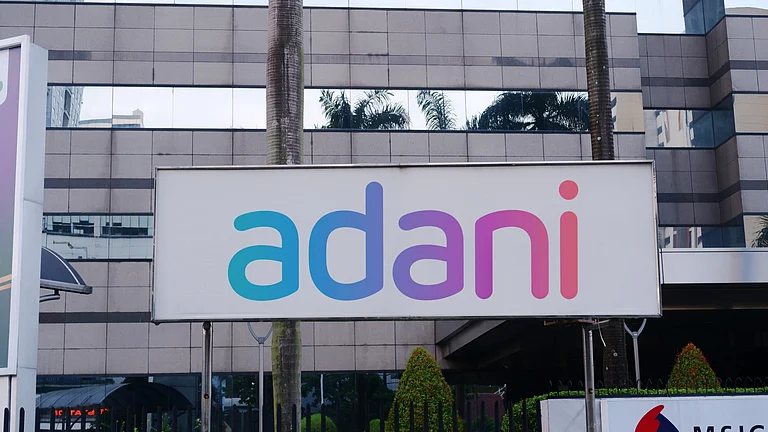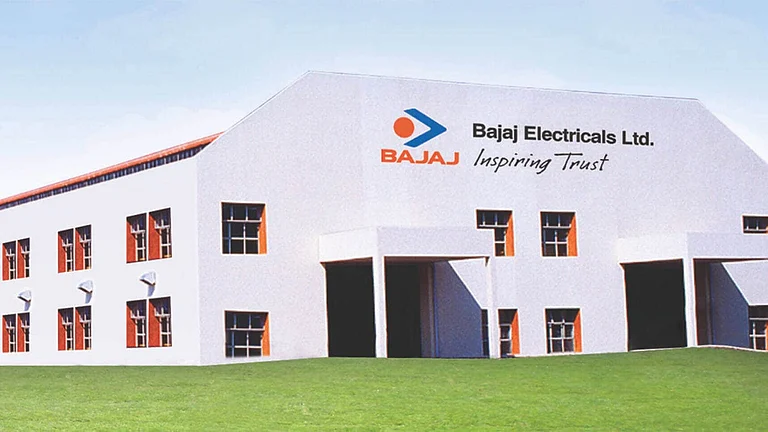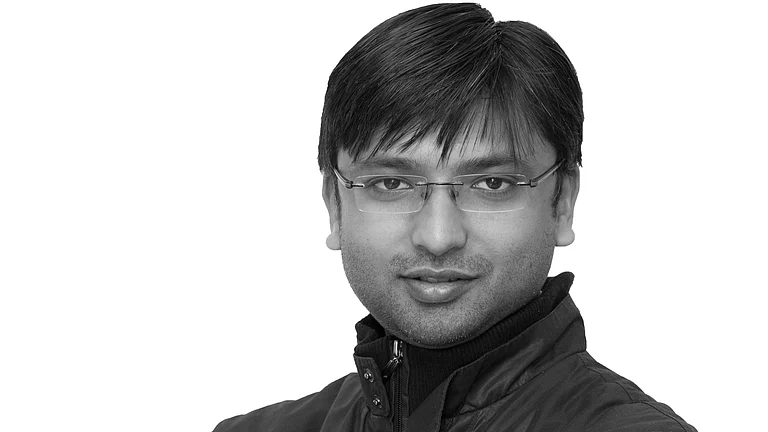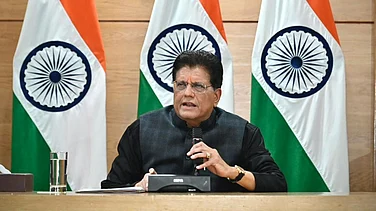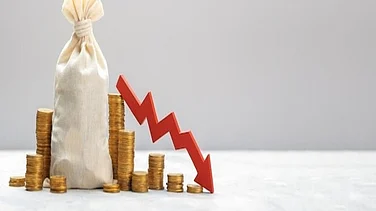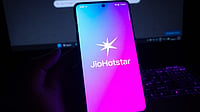Mondelez India-owned health drink brand Bournvita on Monday rejected the claims of a social media influencer of having high sugar content, terming a video posted by him as "unscientific", which "distorted facts and made false and negative inferences".
The video has been deleted by the influencer Revant Himatsingka after being served a legal notice by the company, but it was widely circulated on the social media platform putting the confectionery major in a tizzy.
Rejecting it, Bournvita in a statement said it is a scientifically formulated product that adheres to quality standards and complies with the laws of the land. "All our claims are verified and transparent and all ingredients have regulatory approvals. All the necessary nutritional information is mentioned on the pack for consumers to make informed choices," said a Bournvita spokesperson.
However, it also said the video has created "panic, anxiety, and questions the trust that consumers have bestowed on brands like Bournvita". It further added, "As we continued to witness an abnormal and unusual amount of traction on the post, we were constrained to take legal recourse to avoid misinformation. We also issued a statement to clarify and share the correct facts to allay the concerns of our consumers."
The deleted video had racked up around 12 million views and was also shared across social media platforms. It was later shared by actor-politician Paresh Rawal and former cricketer and MP Kirti Azad.
In the video, Himatsingka who presents himself as a nutritionist and a health coach, claimed that Bournvita has sugar, cocoa solids and cancer-causing colourant. However, he deleted the video after the legal notice and posted a statement on Instagram saying, "I have decided to take down the video across all platforms after receiving a legal notice from one of India's biggest law firms on 13th April 2023."
Too Much Sugar?
Regarding the sugar content in Bournvita, Mondelez India said, "Every serving of 20 gm of Bournvita has 7.5 grams of added sugar, which is approximately one and a half teaspoons. This is much less than the daily recommended intake limits of sugar for children." The company also owns popular chocolate and confectionary brands such as Cadbury Dairy Milk, 5 Star, Oreo cookie and Gems.
However, multiple health experts have expressed scepticism at the sugar levels in Bournvita. Dr Abby Phillips, a hepatologist who is well-known across social media for debunking health-related myths, took to Twitter to express his concern about the sugar content in Mondelez's product. On Monday, he tweeted, "Considering the high sugar content of 71 per cent, per serve 20g has 14.2g sugar which is approx. 57 per cent of recommended upper daily limit and this will only increase if more milk is added, or additional sugar used over the day. Hence "claim" that using the product as advised is safe is also a misleading one."
On a similar note, Dr Paparao Nadakuduru, a senior consultant physician expressed caution at the high levels of sugar in such 'health drinks'. In a statement to Financial Express, Dr Nadakuduru said, "Health drinks in India claim to provide nutrition and energy, but they tend to give us energy in the form of empty calories primarily from simple starches and sugar which are not a healthy choice, especially for children and adults who have an obesity problem... Basically, it’s the high sugar content in such drinks that makes it detrimental to the health of children and youth."
Even as health experts and Mondelez disagree over the level of permissible sugar intake, questions are now being raised over high sugar content in health drinks, confectionary and other packaged food. Notably, it is not just products of multi-national companies (MNCs), but even Indian brands are coming under the scanner.
While the Bournvita row has resulted in an influencer's content being taken down due to pressure from an MNC, it has inadvertently resulted in rising health awareness among Indian netizens, at least with respect to sugar intake and diabetes risk.
(With PTI inputs)










